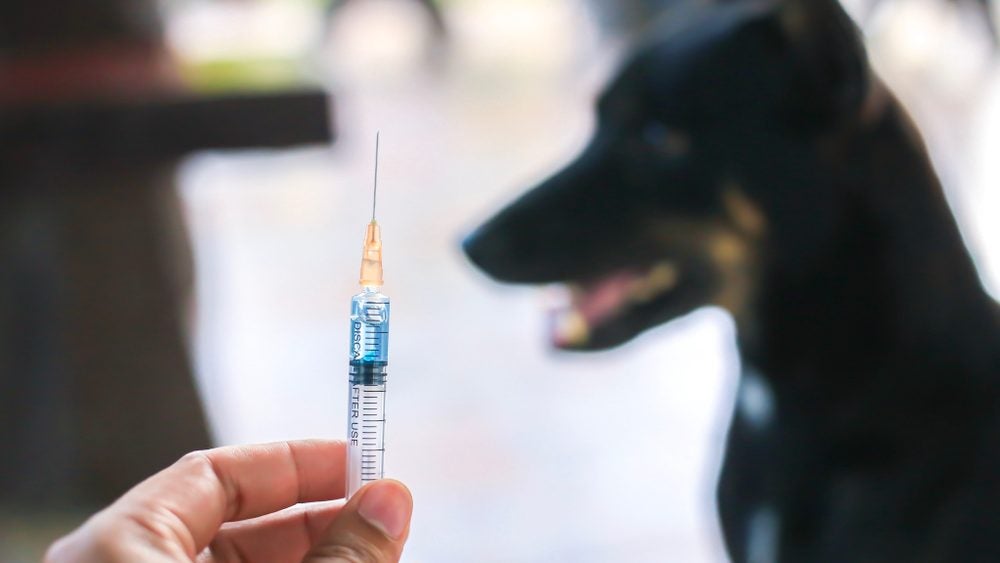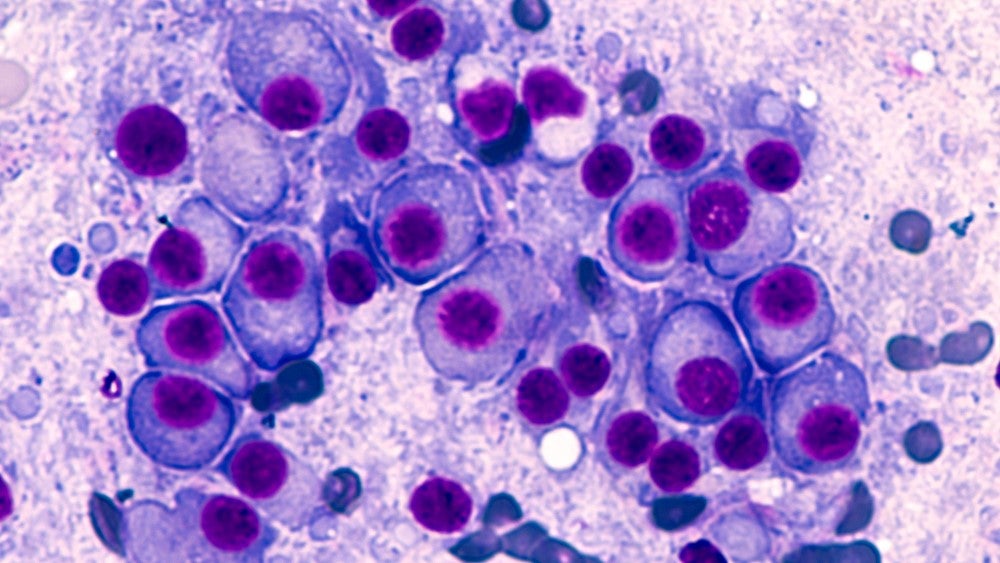US-based biotech Replicate Bioscience has announced positive preliminary data where its self-replicating RNA (srRNA) rabies vaccine, RBI-4000 achieved a strong immune response against the rabies virus.
RBI-4000, an intramuscular vaccine, leverages self-replicating RNA (srRNA), which can replicate itself after administration and could be effective at very low doses. In a cohort of 84 healthy volunteers in the Phase I trial (NCT06048770), participants received either one or two doses of either 0.1mcg, 1mcg or 10mcg of the vaccine.
The vaccine induced neutralising antibody titres at levels that exceeded the World Health Organization’s (WHO’s) defined surrogate level of protection for rabies virus of 0.5 IU/mL. RB1-4000 was well tolerated at all tested doses, with no severe adverse events among the participants in the trial.
Rabies is a viral disease that affects the nervous system, transmitted through the saliva of infected animals following a scratch or bite. The disease is fatal if not treated promptly. Travelers are often vaccinated against rabies as a preventative measure before going to regions where rabies is prevalent, such as in some parts of Africa and Asia.
According to a report on GlobalData’s Pharma Intelligence Center, rabies vaccines are associated with the highest costs compared to other travel vaccines like hepatitis A and diptheria due to the long dosing regimen that comes with the vaccine.
In the announcement accompanying the data, CEO of Replicate Nathaniel Wang said: “Achieving a broad therapeutic window is an important step-up from other existing mRNA and srRNA approaches, which allows us to expand applications of our self-replicating RNA to complex infectious diseases, off-the-shelf cancer vaccines, and as a platform for protein production.”
In 2022, the San-Diego headquartered company entered into a strategic collaboration with contract research, development, and manufacturing organisation (CDMO) Curia to develop the platform for Replicate’s srRNA therapeutics.
In 2021, Replicate raised $40m in Series A funding round led by the venture capital firm ATP to advance its srRNA vaccine programmes into development.















